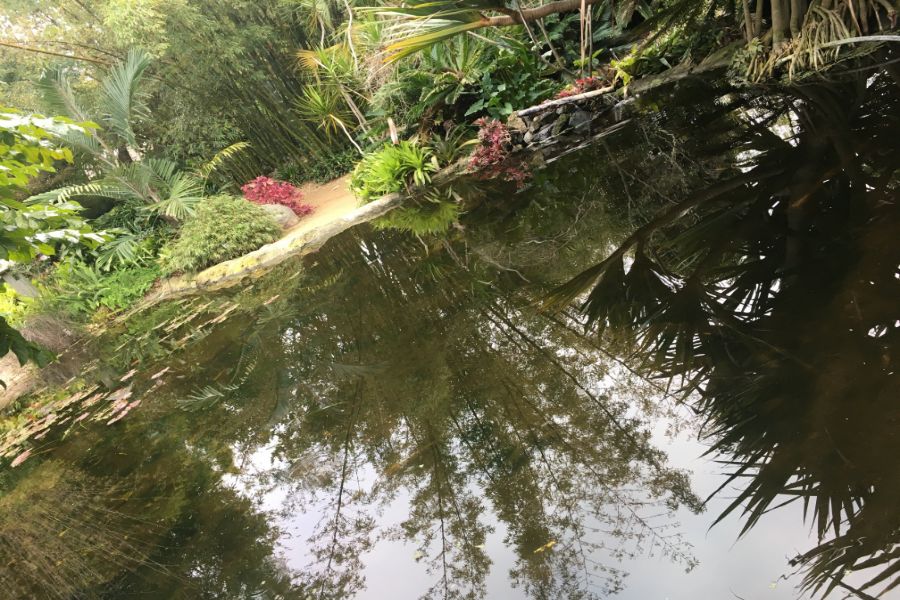July 16, 2024
Use what you are to get what you want

I never viewed myself as a particularly technical person.
Thinking mechanically or linearly doesn’t come naturally to me. My grades in math and science were average. And I wasn’t the kid who took things apart just for fun, or fixed gadgets for his friends and family.
But I wasn’t a technophobe. I was a fan of machines and computers, especially when I understood what they could do for me.
Once I realized how I could use technology to further my goals, then I locked in. Self interest prevailed. Being a technical person didn’t matter as much as being the kind of person who could leverage technology.
Here, check out these examples from my childhood. If you grew up in the eighties and nineties, they might be nostalgic to you too.
At age nine, I figured out how to make my own mix tapes with a dual cassette boombox.
At age eleven, I realized I could record a sequence of sound effects from a compact disc onto a tape, and make them sound like a scene from a movie.
At age twelve, I learned how to rig up my bedroom stereo with surround sound speakers.
At age thirteen, my friends I figured out that we could create the stop motion effect of a disappearing object on a camcorder, simply by pressing record, pause and record again.
At age fourteen, my locker partner taught me in the computer lab how to cut, copy and paste text from websites and use it on your documents.
At age fifteen, I discovered that I could hook up two vcrs to illegally dub rented movies from the video store.
At age sixteen, I learned how to connect a ten disc changer in my car and listen to music through an fm transmitter.
At age seventeen, my dad showed me how to use a four track analog recorder to produce demo tapes for me and all of my musician friends.
At age eighteen, I figured out how to program secret notes into my graphing calculator so I could cheat on calculus tests undetected, and just barely pass the class.
At age nineteen, I discovered how to rip acoustic versions of my favorite songs from illegal fire sharing sites, and make mix tapes for girls I was trying to sleep with.
At age twenty, I found out how to download movie snippets from online sound effects libraries and edit them into goofy promos for my radio show on the campus station.
What are the commonalities of these memories?
One was curiosity. The figure it out factor. As a young person, I had all these things that I wanted to do, and technology was the tool to help me get there. Even I was unsure how to use a certain piece of equipment, it was simply a matter of experimentation before I got it right. Turning knobs and pressing buttons wasn’t the point. Exploring possibilities and solving problems was.
Another trait buried in these stories is resourcefulness. Adapting to whatever tools I had at my disposal, working within the constraints, and manipulating the machines for my own needs. You might notice that most of the examples above didn’t cost me much or any money. Several of them were straight up hacks. Some of them even earned me money.
Now, does that qualify me as a technical person? Not exactly.
Enterprising, sure. But I wouldn’t call myself an early adopter. That’s fine. I am not ashamed that my personality dice rolled in that direction. Because what I am proud of is my ability to use tech to further my goals.
And anyone else can do the same. Each of us can become the kind of people who leverage technology to get what they want out of life. Hell, we don’t even have to understand these machines if we don’t want to.
As long as the tools helps us accomplishes our goals, that’s enough. Technical expertise isn’t required. Irrespective of whether we consider ourselves naturally technical or not, we can still thrive. Curiosity and resourceful count for more than people realize.
You use what you are to get what you want.
Is there a way you can frame your relationship with that skill in a more holistic way?

